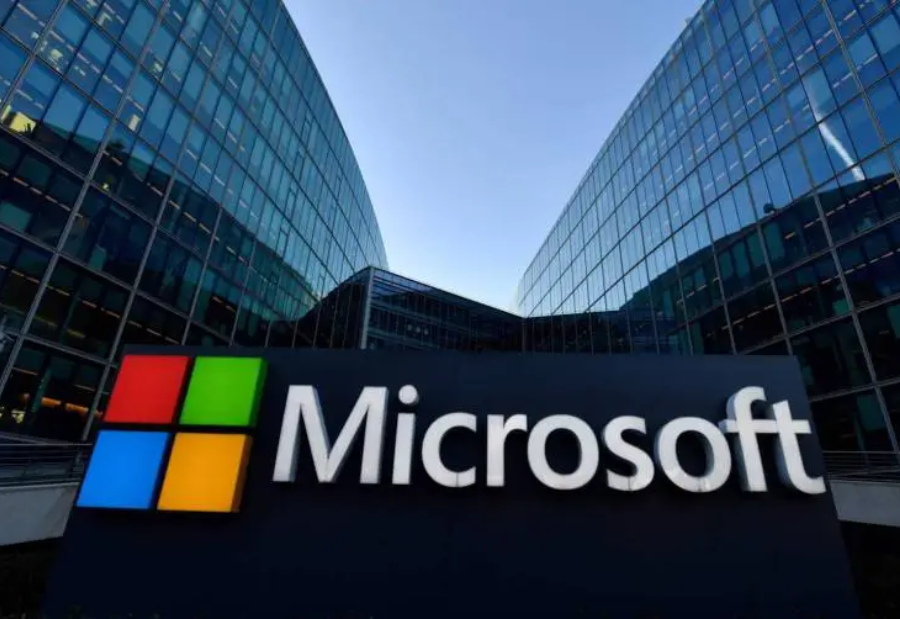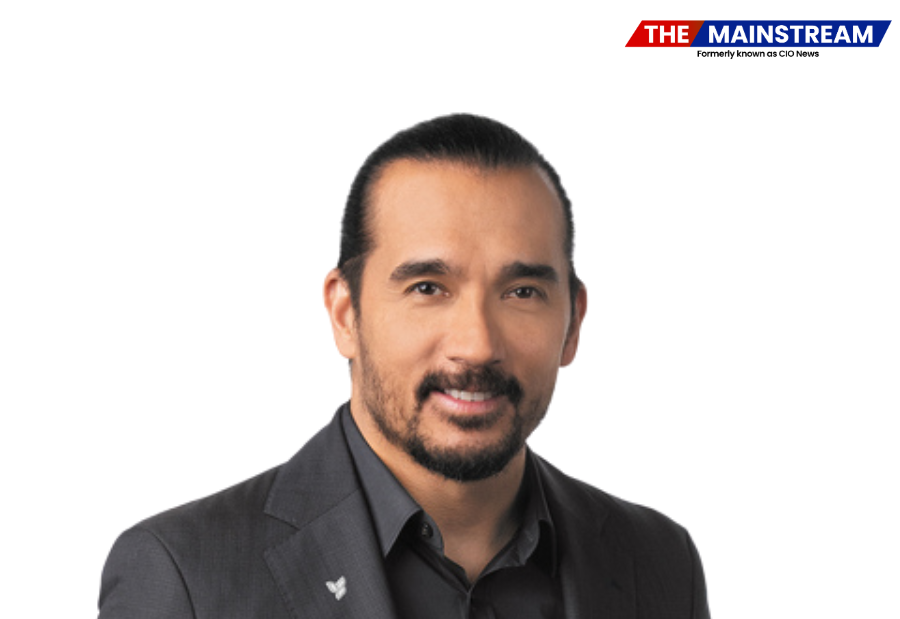Microsoft has introduced the Majorana 1, a new quantum computing device with a unique “Topological” core design that it says would cut down the time it takes to solve complicated industrial issues from decades to years.
For many years, the science of quantum computing has been making steady progress, but it has gradually lost ground to artificial intelligence (AI), which has promised more immediate benefits. While some, like Microsoft and Google, are much more hopeful that we can achieve the scale necessary for practical applications in just a few years, Nvidia CEO Jensen Huang recently suggested that quantum computing won’t be feasible for another 20 years. The reality is most likely somewhere in the middle.
The phrase “quantum computers” refers to a wide range of distinct technological and hardware-driven methods, not simply one particular technology. Each strategy seeks to reduce calculation error rates while simultaneously resolving ever-larger computing issues. A burgeoning network of companies, including Google, IBM, D-wave, Oxford Quantum Circuits, Orca Computing, and Oxford Ionics, are quantum providers competing to establish their approach as the most effective.
Numerous companies, including HSBC, AstraZeneca, and EDF, currently employ quantum computing, despite the fact that it is frequently perceived as mostly research and development and has little commercial use. The Royal Navy has tested “cold atom” technology created by Southampton-based quantum firm Aquark for use in surreptitious maritime monitoring, demonstrating the UK military’s investment in quantum technology.
The creation of a groundbreaking substance known as a topoconductor, which Microsoft invented and manufactured largely atom by atom, is one of the main achievements of Microsoft’s new strategy with Majorana 1 (see right: credit Microsoft). Another notable innovation is a digital control system, which provides extremely accurate readings by use voltage pulses rather than analog changes. This development has been acknowledged by the Defence Advanced Research Projects Agency (DARPA), which has chosen Microsoft as one of two firms for the last stage of its quantum computing initiative.
Microsoft stated in its statement that it has set out to achieve 1 million physical qubits (the current device only contains 8), a goal that many experts consider to be a major milestone for the use of quantum in applications that are economically relevant. With rivals like Google and IBM now functioning in the hundreds of qubit range, this goal is still very far off.
Read our report Quantum Acceleration is on the Horizon, published last year, to learn more about the market for quantum computing. It examines the current market trends propelling the adoption of quantum computing as well as the ecosystem of suppliers, which includes service integrators and startups.
Also read: Viksit Workforce for a Viksit Bharat
Do Follow: The Mainstream formerly known as CIO News LinkedIn Account | The Mainstream formerly known as CIO News Facebook | The Mainstream formerly known as CIO News Youtube | The Mainstream formerly known as CIO News Twitter
About us:
The Mainstream formerly known as CIO News is a premier platform dedicated to delivering latest news, updates, and insights from the tech industry. With its strong foundation of intellectual property and thought leadership, the platform is well-positioned to stay ahead of the curve and lead conversations about how technology shapes our world. From its early days as CIO News to its rebranding as The Mainstream on November 28, 2024, it has been expanding its global reach, targeting key markets in the Middle East & Africa, ASEAN, the USA, and the UK. The Mainstream is a vision to put technology at the center of every conversation, inspiring professionals and organizations to embrace the future of tech.




